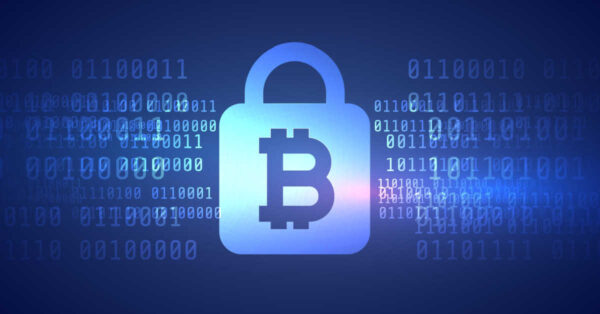


So you’ve purchased your first bitcoin, and now you want to know how to store it. Over the last several years storing bitcoin has become easier than ever. This article will look at some of the ways to store bitcoin and other cryptocurrencies.
Using a wallet to store your digital assets allows you greater control over your money. Use a wallet that only you can access and control, so PayPal and Robinhood are out. Choosing the right wallet to store your crypto is just as if not more important than the crypto you invest.
This article will look at four types of wallets, hardware, mobile, desktop, and paper. It is highly recommended that you DO NOT keep any of your crypto assets on an exchange (Coinbase, Binance, OkCoin, etc.). A wallet stores your private keys, and having a wallet that is not attached to a exchange increases security and reduces the risk of hacks or confiscation.
Six things to consider when selecting your wallet:
There are many more questions that could be asked but this article is for beginners so we will start here.
A hardware wallet is a USB-shaped device that plugs into a computer and uses an interface to perform actions. Popular hardware wallets are the Ledger Nano X, Tezor Model T, and KeepKey but the list of wallets on the market is constantly growing so doing your research is important.
A mobile wallet is an app downloaded to mobile phones and tablets. These apps allow users to store private keys and send and receive cryptocurrency directly to their device and found in the Apple App Store or Google Play Store. Some popular mobile wallets include Edge Wallet, Trust Wallet, Enjin, Exodus (which also has a desktop wallet), and Wasabi Wallet.
Desktop wallets are wallets installed on a personal computer. Blockchain nodes and mining applications may include a wallet feature to store any funds received or generated. Desktop wallets have increased security risk due to the potential malware infection on the computer the wallet is installed on, and more care is required to protect assets. For a review of desktop wallets on the market today, check out this review by 99bitcoins.com.
A wallet that is attached to the internet is known as a hot wallet. Desktop and Mobile wallets are hot wallets, while hardware wallets can be debated whether they are considered hot wallets. Due to not being constantly connected to the internet, many consider hardware wallets to be what is known as cold storage wallets. A fully cold-storage wallet is known as air-gapped wallets.
Air-gapped wallets are hardware wallets that do not need to be plugged into a computer and use an associated app to send and receive cryptocurrency. Cobo Vault is an example of an air-gapped hardware wallet that uses QR Codes through a mobile app to complete transactions and does not plug into a computer or have internet connectivity.
Paper wallets are crypto wallets, as the name suggests, printed on paper and typically done via a Bitcoin or Crypto ATM or writing down the private keys to the bitcoin purchased. Paper wallets are by far the most secure method of storing bitcoin, not having any connection to the internet whatsoever but paper wallets require the most care and should always be stored in a secure location that is theft, fire, water-resistant, etc.
No matter the wallet type you choose, the wallet should allow you access to your private keys and seed phrases. Being able to add a password and two-factor authentication is also important and should be considered when deciding on which wallet to use.
You want to use a wallet that will suit your needs now and in the future.

Share This Article
Join 10,000+ forward thinkers! Get crypto education in your inbox.